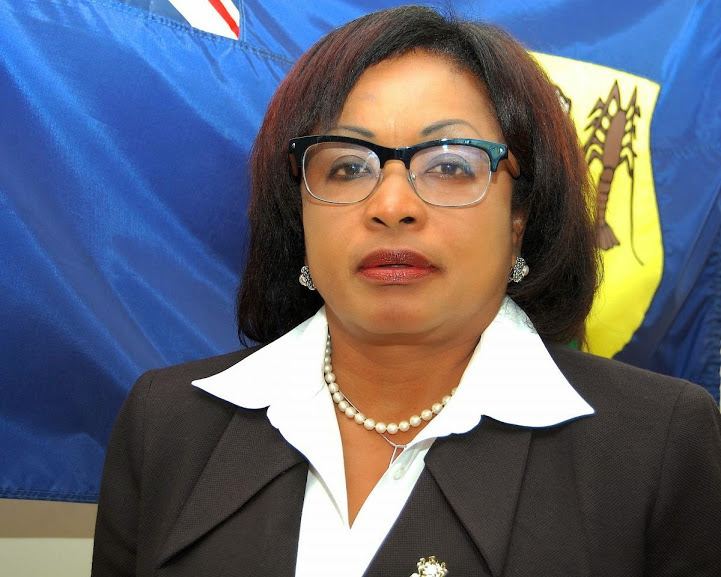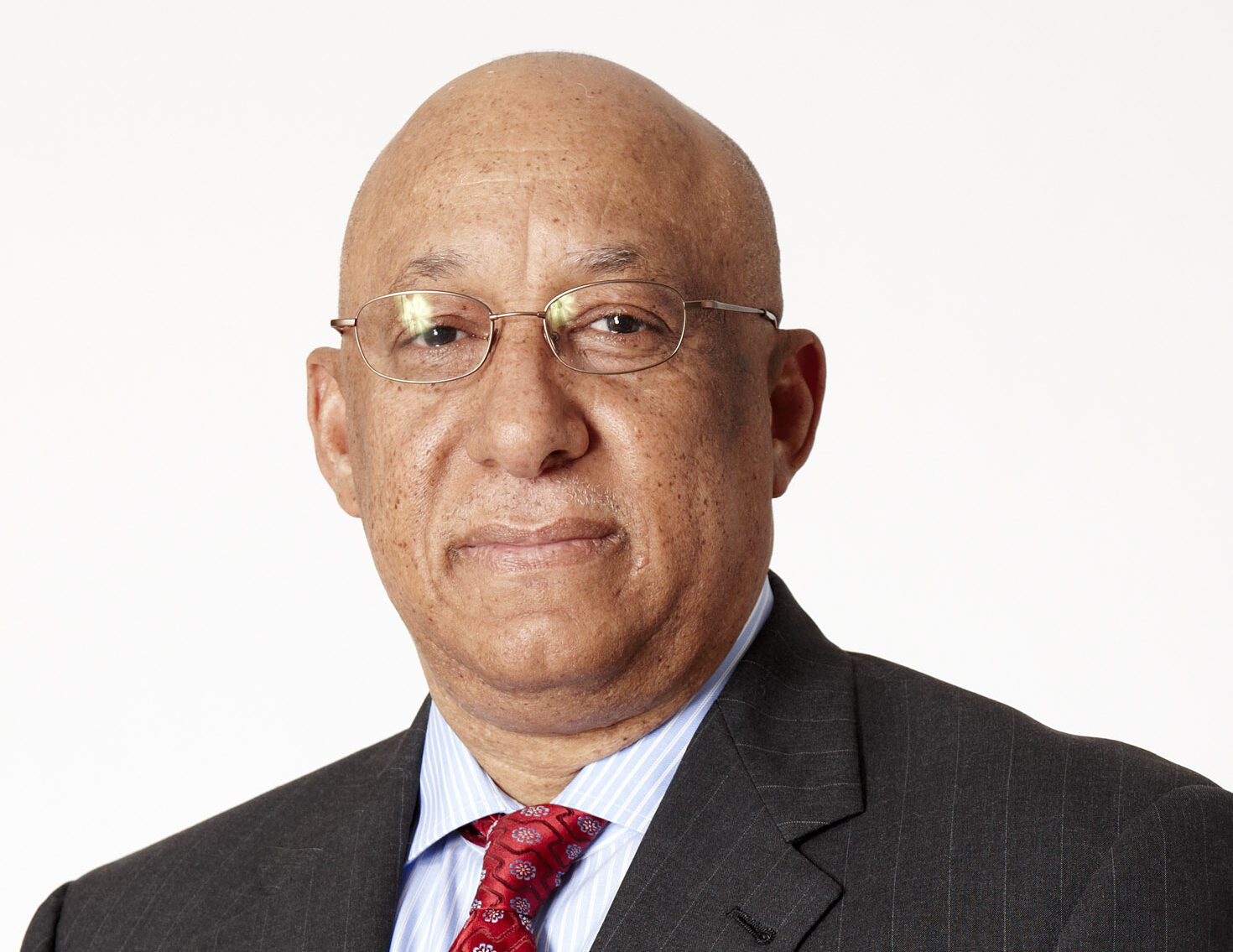By Desmond Brown – Executive Editor
The inaugural lecture named in honour of Jamaica-born Canadian philanthropist Don Levy was held here Friday night with a challenge to Jamaicans living in Canada to create a synergy with the national economic development plan for Jamaica.
“We need to be informed of what it is and we need to align ourselves to support it,” said Howard Shearer, a member of a panel which also included Member of Parliament Juliet Holmes’s and Dr Beverly Mullings, Associate Professor of Geography and Associated Head of Undergraduate Programmes at Queen’s University, Canada.
Tka Pinnock of the University of Toronto and the 2016-2017 Connect the Fellow, rounded out the four-member panel.
The Don Levy lecture will be held annually at York University and will have themes that are relevant to the Jamaican, Caribbean and Black Diaspora communities. This year’s topic was The Role of the Diaspora in National Development.
“We can leverage our business networks to promote two-way trade and foreign direct investments. We can create businesses, spur leadership and entrepreneurism,” Shearer urged the audience of more than 200 which also included the High Commissioner of Jamaica to Canada Janice Miller and the Minister of Education for Ontario, Jamaica-born Mitzie Hunter.
“We need to be good ambassadors for Jamaica, we need to be fully engaged as citizens in the society, we need to build a network of support in Canada so we can call on that network when Jamaica needs help.
“We need to be the bridge which connects developing economies such as Jamaica to more developed economies such as Canada and the transfer of knowledge and skillsets,” added Shearer, the Chief Executive Officer of Hitachi Canada.
In explaining the difficulties faced by a developing country such as Jamaica, Shearer said the audience should use Canada as a guide.
He said it is challenging in Canada “with all the resources that we have here, the opportunities for education, the healthcare system – then [imagine] how difficult it [must] be for Jamaica who do not have those resources”.
“What will we do with our lives to impact the national and economic growth of our country to which we have an emotional affinity and attachment?
“I maintain that the first order of business is that we have to be successful in Canada and we have to take advantage of every opportunity we have. How will we increase remittances to hit poverty for example? That’s a low hanging fruit. We must achieve a standard of education, a standard of professionalism to be able to define an outcome that empowers us to do good, not only in our own community but the communities in the entire region,” he said.
Shearer also noted that learning is continuous and critical.
“The nature of our society demands that we continue to increase our capabilities so we can deliver value to our people, our friends, our community, our families wherever you are.”
Holness concurs with Shearer on the importance of continuous learning, noting that education has been her great and ultimate liberator.
“The emancipation that we have in using education as a tool both physiologically, socially and financially is very important to Jamaicans both in Jamaica and here in Canada,” she said.
“This emancipation, in fact, is the only sure way to mold a new generation where gender equality and the resultant sustainable development outcomes represent not only goals but attainable targets and norms.
“Through education, I want us to abolish the concept of the marginalization of boys or men and eradicate the concept of the inequality of girls and women, realising that no progressive society can and could be sustainably developed without boys and girls learning and growing in a respectful environment of equity and equality,” Holness added.
Meantime, Dr Mullings said there is an increasing concern about the sustainability of the existing model of diaspora engagement that relies on nationalist narrative of belonging and on a coordinating role for governments to focus attention on issues of national concern.
“It’s no longer clear in my mind that appeals to patriotism will continue to be the fundamental reason why Canadians with Jamaican heritage engage in efforts to transform Jamaica,” she said.
“It also isn’t clear that the issues that currently preoccupy the Jamaican state will hold the same level of importance that they have had for earlier generations.
“Quite simply, I think the time has come to think outside the box about the role that a 21st century diaspora might play in Jamaica’s social and economic transformation. But in order to do so, we need to think about what defines diaspora identity and what issues and concerns are likely to generate the levels of solidarity and engagement of the diaspora,” Dr Mullings added.
She believes it is this sense of diasporic consciousness among second and third generation Jamaicans that offers the greatest promise for a role for diaspora in the structural transformation of Jamaica and the Caribbean as a whole.
“How might the forms of racism and state violence experienced by people of Jamaican ancestry in cities like Toronto and Montreal form the basis for collaborative solidarity that have the capacity to challenge things like global trade rules that make it impossible for Jamaica to exert sovereignty over its food production and consumption,” she asked.
“How might the networking strategies of Canadians of Jamaican ancestry contribute to the growth and expansion of the island’s cultural industries?
“How might collaboration between people of Jamaican ancestry and Jamaicans in Jamaica facilitate new conversations that give as much urgency to issues like climate change, environmental destruction, debt bondage and the on-going devaluation of black lives as is currently given to investment and philanthropy in diaspora settings?”
Dr Mullings added that while future generations of people with Jamaican heritage might not maintain the levels of remittances or investments that first generation migrants continue to do, the so-called second generation offer the possibility of a different way of challenging the precarity and instability that debt, free trade and the systematic devaluation of black lives continue to exert on Jamaican futures.
She noted that current frameworks for thinking about the development of Jamaica continue to reflect the immediacy of problems like low investment capital rather than the longer term structural problems that are related to the stranglehold that free market fundamentalism has exerted for the past 30 years in Jamaica.
“Challenging these structural and much more difficult structural constraints requires a very different way of thinking about what development means,” Dr Mullings said.
“But creating new spaces for diaspora dialogue with first, second and third generations represents the greatest challenge and the greatest hope to Jamaican development.”
For her part, Pinnock wants to see a greater engagement of youth since she is of the opinion that “if we don’t engage the young people then we won’t have a diaspora to engage”.
She said the Jamaica that the younger members of the diaspora know are the cultural traits and the stories that they hear and not the physical island in the Caribbean Sea.
“So, I think the role of the diaspora as we look at our young people is how could we maintain and preserve what it is to be Jamaican and to fully include them in the evolution of what it is to be Jamaican.”
Don Levy is the Managing Director and Portfolio Manager of Confido Wealth Management Group at Manulife Securities. He is a graduate of York University where he earned a BA (’86) in economics and political science; and has been in the financial service industry for more than 27 years.
Levy is of the belief that wealth creation also involves investing in community. He currently serves on the advisory board of PFSG, a non-profit that provides creative funding for building of churches across Canada, as well as supporting emergency relief development overseas.
“It is only fitting that as we celebrate Jamaica’s 55th year of independence that I commence my celebration with this support as a token of my gratitude to the country of my birth that has forged and shaped me and had endowed me with the drive to succeed and the drive and passion to strive for higher heights,” Levy said.
“What I am hoping to accomplish is the kind of forum that can inspire, empower through the sharing of ideas, through collaborating and partnership which leads to concrete action and mutual success,” Levy added.




